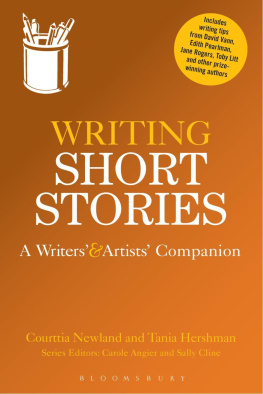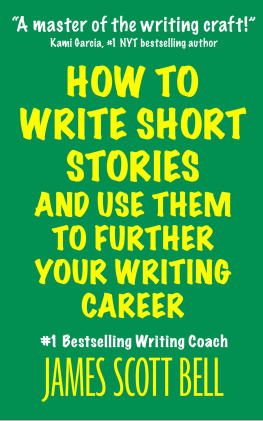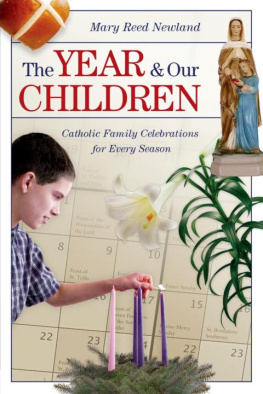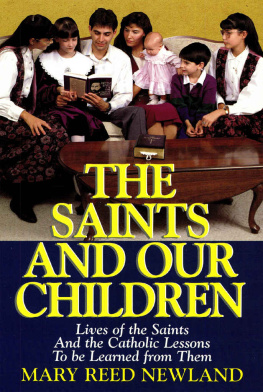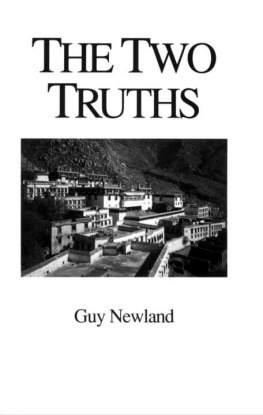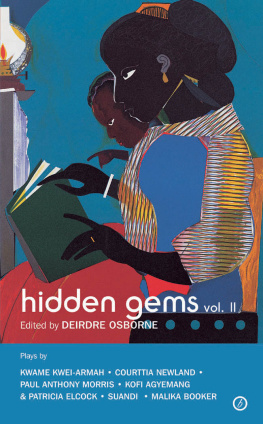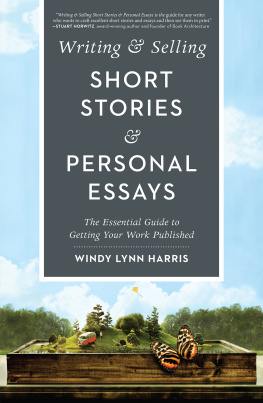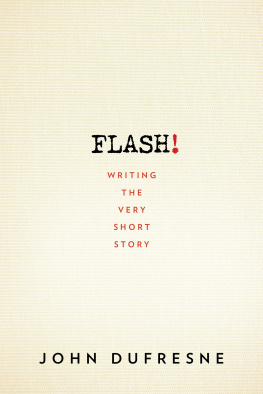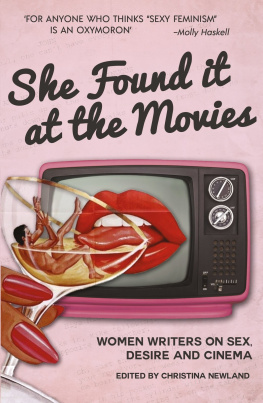Courttia Newland - Writing Short Stories
Here you can read online Courttia Newland - Writing Short Stories full text of the book (entire story) in english for free. Download pdf and epub, get meaning, cover and reviews about this ebook. year: 2019, publisher: Bloomsbury UK, genre: Detective and thriller. Description of the work, (preface) as well as reviews are available. Best literature library LitArk.com created for fans of good reading and offers a wide selection of genres:
Romance novel
Science fiction
Adventure
Detective
Science
History
Home and family
Prose
Art
Politics
Computer
Non-fiction
Religion
Business
Children
Humor
Choose a favorite category and find really read worthwhile books. Enjoy immersion in the world of imagination, feel the emotions of the characters or learn something new for yourself, make an fascinating discovery.
- Book:Writing Short Stories
- Author:
- Publisher:Bloomsbury UK
- Genre:
- Year:2019
- Rating:5 / 5
- Favourites:Add to favourites
- Your mark:
- 100
- 1
- 2
- 3
- 4
- 5
Writing Short Stories: summary, description and annotation
We offer to read an annotation, description, summary or preface (depends on what the author of the book "Writing Short Stories" wrote himself). If you haven't found the necessary information about the book — write in the comments, we will try to find it.
Writing Short Stories — read online for free the complete book (whole text) full work
Below is the text of the book, divided by pages. System saving the place of the last page read, allows you to conveniently read the book "Writing Short Stories" online for free, without having to search again every time where you left off. Put a bookmark, and you can go to the page where you finished reading at any time.
Font size:
Interval:
Bookmark:
Writing Short Stories
Writing Short Stories
A Writers and Artists Companion
Courttia Newland and Tania Hershman
Series Editors: Carole Angier and Sally Cline
Bloomsbury Academic
An imprint of Bloomsbury Publishing Plc

Bloomsbury Academic
An imprint of Bloomsbury Publishing Plc
50 Bedford Square | 1385 Broadway |
London | New York |
WC1B 3DP | NY 10018 |
UK | USA |
www.bloomsbury.com
BLOOMSBURY and the Diana logo are trademarks of Bloomsbury Publishing Plc
First published 2015
Tania Hershman, Courttia Newland and Contributors, 2015
Tania Hershman and Courttia Newland have asserted their right under the Copyright, Designs and Patents Act, 1988, to be identified as Authors of this work.
All rights reserved. No part of this publication may be reproduced or transmitted in any form or by any means, electronic or mechanical, including photocopying, recording, or any information storage or retrieval system, without prior permission in writing from the publishers.
No responsibility for loss caused to any individual or organization acting on or refraining from action as a result of the material in this publication can be accepted by Bloomsbury or the author.
British Library Cataloguing-in-Publication Data
A catalogue record for this book is available from the British Library.
ISBN: PB: 978-1-4081-3080-3
ePub: 978-1-4742-5729-9
ePDF: 978-1-4742-5730-5
Library of Congress Cataloging-in-Publication Data
A catalog record for this book is available from the Library of Congress.
Series: Writers and Artists Companions
Typeset by Fakenham Prepress Solutions, Fakenham, Norfolk NR21 8NN
Contents
by Kate Clanchy
When writers start writing, it is very often with the short story. It can seem the least daunting of forms: more modest than the novel; less formally demanding than the poem. It is a lovable shape, too: almost everyone has a short story they treasure, that seems to speak to them with special intimacy and directness. Then, too, stories are wonderfully flexible: they can equally well be detective mysteries, science fiction, modernist or entirely surreal; they can be told by anybody from a mute child to a garrulous ancient prophet; and they can be as highbrow as Lydia Davis and or as entertaining as Dashiell Hammett. And above all, for writers who have just discovered what amazingly hard work it is to keep a sentence, let alone a paragraph, in perfect order, short stories are short.
Short stories, though, are no sort of foothill. In fact and I am writing this just as I finish my first collection I think they are what the Scottish Munros are to the Swiss Alps considerably smaller, but every bit as hard to climb. A poem, after all, can hold the new writer, as it held me when I set out to write, in its firm grip, giving ancient shapes to raw thoughts and impressions; novels, meanwhile, are baggier, more forgiving of the odd duff sentence or flag in the plot. The short story, in contrast, shines a harsh light on every word you write and neither gives you a shape nor forgives you for getting the shape wrong. It makes you, to paraphrase Hamlet, king of infinite space yet bounded in a nutshell, and sometimes, that can give you bad dreams. Or rather it can leave you floundering in the pit of anxiety which stopped you writing in the first place.
How to get out of that pit is something all writers have to learn, and constantly relearn. Probably the best cure is a writing course, with a tutor, fellow writers, and this book as a companion, resource and guide. But if no course is instantly available, Writing Short Stories can be all three.
Some of Britains most passionate writing teachers and practitioners of the short story have come together here to create a lively, personal and very practical guide to get you started and to keep you writing to that all-important ending. It will take you all the way to the top of your particular Munro, and show you how fabulous the view can be from here on a fine day, every bit as good as Mont Blanc. And then set you off on the next climb. You might even find you write a book-full.
by Carole Angier and Sally Cline
Writing Short Stories is the sixth in our series of Writers & Artists Companions, and one of the most exciting.
Its by two young voices, both of whom share with us their adventures as short story writers. Courttia Newland read Sam Selvons Lonely Londoners as a teenager, and knew he wanted to capture the lives of inner-city West London kids, as Selvon had captured their grandfathers. He started to hammer out his first book on a friends word processor, he tells us until one day she needed it back. He knew hed write the rest some day, but not when or how. He trusted to luck; and eventually it came. Tania Hershman also beat a lone path as a short story writer, reading all the best books on writing, and struggling for a long time with secret shame that she couldnt follow their rules. Finally she realized she didnt have to: she had her own vision to follow, and that of a few kindred spirits.
Give yourself permission, take risks, endure that is the heart of Courttias and Tanias message. No method works for everyone. Or rather, only one method does. American writer Ron Carlson, one of Tanias kindred spirits, sums it up: The writer is the person who stays in the room.
Like all the Writers & Artists Companions, Writing Short Stories is original in its content, but shares its form with the others. Part 1 is by the two authors: essays on their personal reflections and experiences, such the ones above; a history of the short story; and two fascinating chapters in which each analyses the development of one of their own stories. Part 2 is, as always, the guest section, this time with guests from around the world: the US, Canada, South Africa and New Zealand as well as the UK. And Part 3 (once again by the two authors) is a hands-on practical guide, complete with exercises, for writers working alone or in groups, with or without a tutor.
The short story is the up-and-coming form, with the Nobel Prize in Literature going to (Canadian) Alice Munro in 2013, and the first new Folio Prize to (American) George Saunders in 2014. Courttia, Tania and their guests are in the forefront. We hope youll join them.
Tania
This can be only a potted history, with many omissions. But the short story understands, if anyone does, that things must be left out. So, lets carry on.
The history of the short story is by necessity tied to the question, What is a short story? If you dont have a definition how can you pinpoint the first instance of one? Tricky, even today. Lets not attempt to answer that yet, and start instead with storytelling. As William writes in his excellent A short history of the short story (Prospect Magazine, 2006), You could argue that storytelling in one form or another is hard-wired into our human discourse. He imagines early humans telling fanciful tales around cave fires, and this leads him to speculate that the short form is, conceivably, more natural to us than longer forms: the anecdote that lasts several hours is going to find its listeners drifting away pretty soon.
In order to retain the listeners attention, our ancestors learned editing skills, an understanding of what to omit, and, of course, that all-important ending all vital aspects of a great and successful short story.
In The Short Story: An Overview of the History and Evolution of the Genre (included in
Next pageFont size:
Interval:
Bookmark:
Similar books «Writing Short Stories»
Look at similar books to Writing Short Stories. We have selected literature similar in name and meaning in the hope of providing readers with more options to find new, interesting, not yet read works.
Discussion, reviews of the book Writing Short Stories and just readers' own opinions. Leave your comments, write what you think about the work, its meaning or the main characters. Specify what exactly you liked and what you didn't like, and why you think so.

